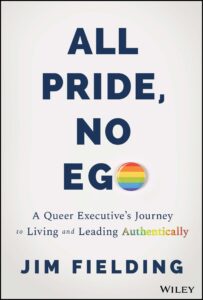Join us! Instruct & Inspire
We are seeing the divisiveness in our world intensify and 2024 will increase that trend, especially given the U.S. presidential election. These issues of profound disagreement demonstrate the broad range of thought diversity that DEI must engage with in order to assist leadership in navigating future challenges.
The American Diversity Report has been a leader in anticipating trends and Instructing and inspiring strategy-making discussions. We will continue our much needed work with a special category for conversations about our divisive world throughout 2024. Unlike most of ADR conversations, Trends 2024 articles will focus on current and emerging hot topics. Your predictions, dialogue, and explanations are welcome.
Let’s demonstrate how diversity professionals can best facilitate robust conversations that improve understanding without exacerbating divisions. Keep in mind that the goal is to Instruct & Inspire – not to Advocate or Lobby.
Examples of topics include:
- campus protests relating to the war
- spike across the nation in acts of antisemitism and islamophobia
- book banning
- status of the voter rights act
- erosion of trust in the supreme court
- action on fossil fuel
- culture wars around gender
The ADR invites you to participate in this Divisive World project by submitting articles that add to these conversations. Note that these are discussions and not advocacy for specific groups or individuals. Our emphasis is on healing, not intensifying the divisiveness. Your articles should be designed to follow the ADR motto: Instruct & Inspire.

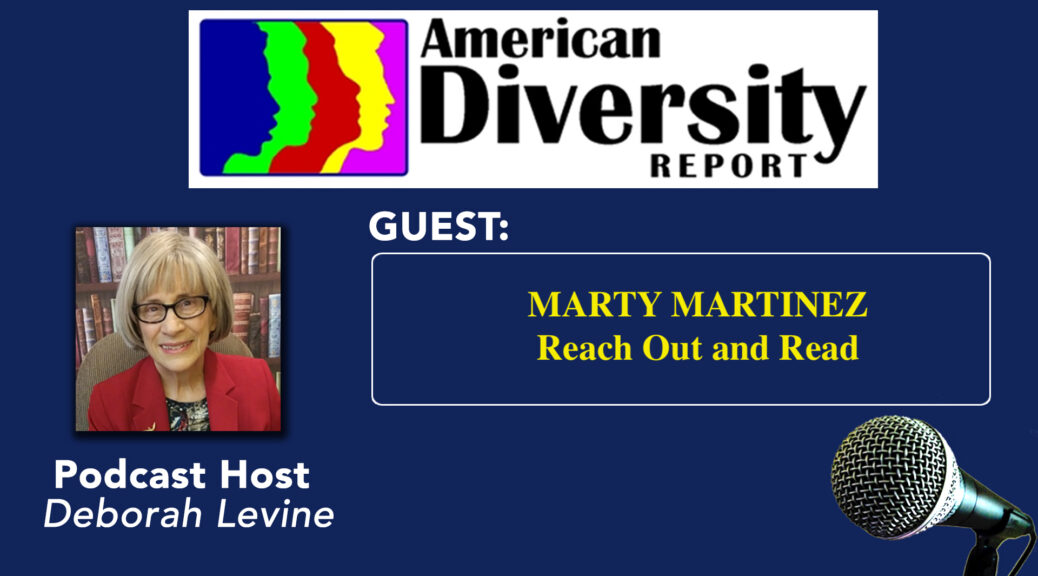
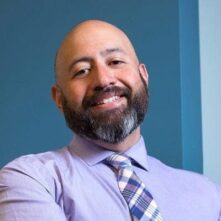 Marty Martinez leads the Reach Out and Read network, which includes more than 6,000 program sites in all 50 states and nearly 30 regional, state, and local affiliates. Marty brings 25 years of experience working on behalf of young people, families and underserved communities across the Greater Boston area. He has a strong skill set and expertise in public health, nonprofit management and positive youth development.
Marty Martinez leads the Reach Out and Read network, which includes more than 6,000 program sites in all 50 states and nearly 30 regional, state, and local affiliates. Marty brings 25 years of experience working on behalf of young people, families and underserved communities across the Greater Boston area. He has a strong skill set and expertise in public health, nonprofit management and positive youth development.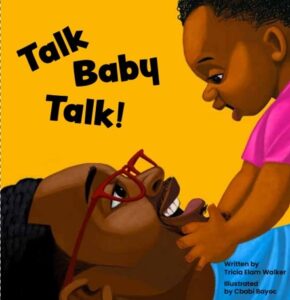 1. How does Reach Out and Read’s new children’s book, Talk Baby Talk, inspire a conversation about diversity in families?
1. How does Reach Out and Read’s new children’s book, Talk Baby Talk, inspire a conversation about diversity in families?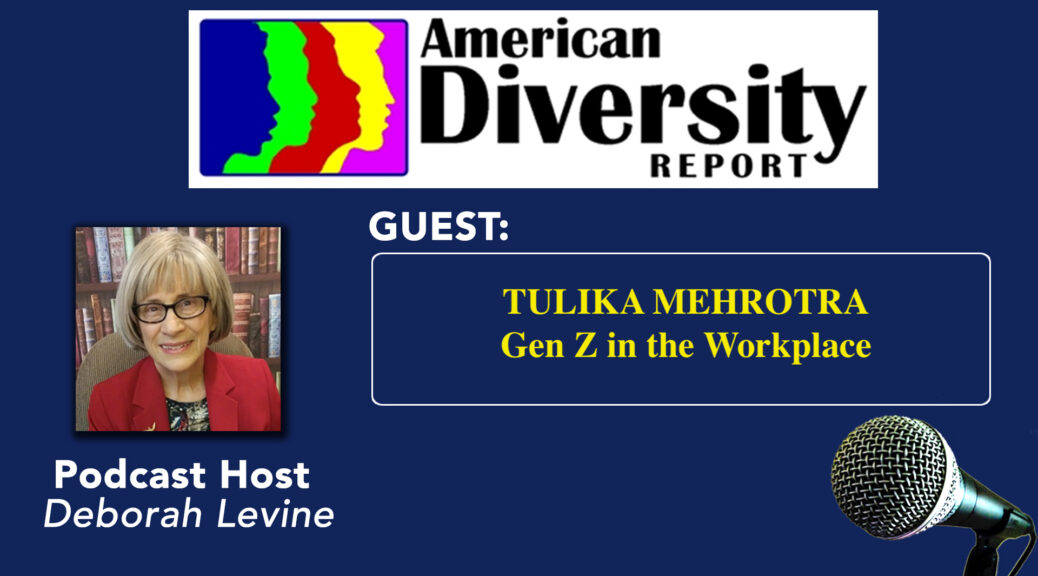
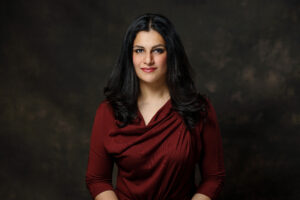 Tulika Mehrotra is a Chicago-based branding and communications expert. She has over 15 years of experience in various sectors and organizations including start-ups with brand building, digital marketing, and communication. Tulika began with Peterson Technology Partners in 2018 as a consultant, leading brand marketing, communication, and digital strategy efforts across the organization. In 2021 she was promoted as PTP’s first Chief Digital Officer in ’ 25-year history.
Tulika Mehrotra is a Chicago-based branding and communications expert. She has over 15 years of experience in various sectors and organizations including start-ups with brand building, digital marketing, and communication. Tulika began with Peterson Technology Partners in 2018 as a consultant, leading brand marketing, communication, and digital strategy efforts across the organization. In 2021 she was promoted as PTP’s first Chief Digital Officer in ’ 25-year history.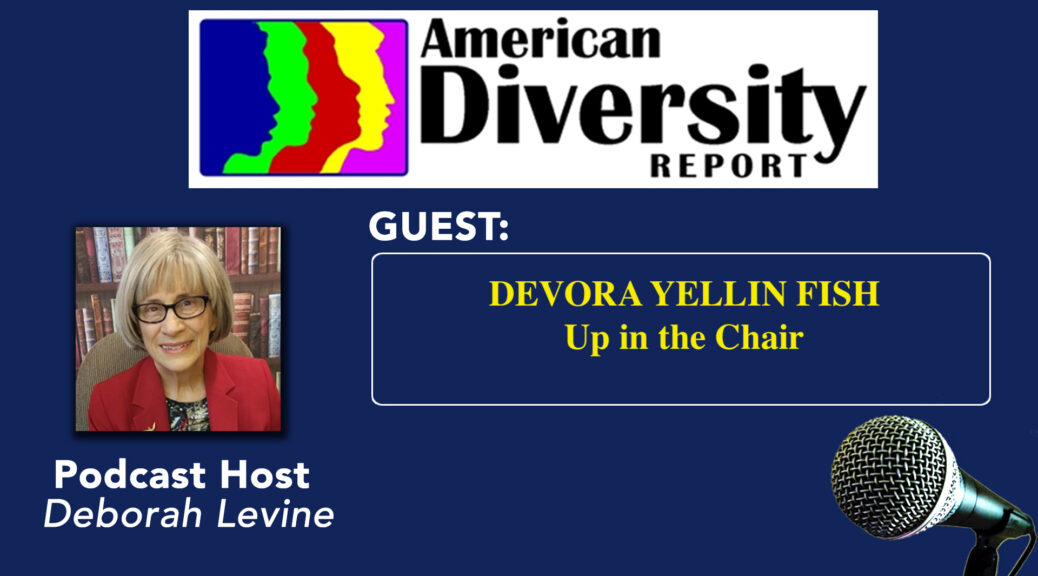
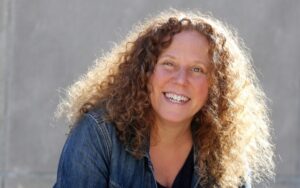 Devora Yellin Fish is a social justice experiential educator with the goal to increase inclusion in the world. She mentors under-represented purpose-driven Emerging Professionals and Entrepreneurs toward goals. Her mission is to Uplift each and every person for their unique contribution to humanity. No one and nothing left out. (FormerDirector of Education for the TN Holocaust Commission)
Devora Yellin Fish is a social justice experiential educator with the goal to increase inclusion in the world. She mentors under-represented purpose-driven Emerging Professionals and Entrepreneurs toward goals. Her mission is to Uplift each and every person for their unique contribution to humanity. No one and nothing left out. (FormerDirector of Education for the TN Holocaust Commission)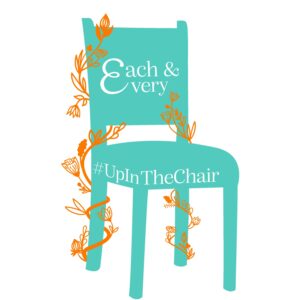 Hear Devora discuss:
Hear Devora discuss: The goal of this manual is to design new ways to discuss Israel, focusing on basic religious themes. The Middle East is often seen as a confusing array of political, economic, military strategy, and religion. Amidst this confusion, religious themes are an important element in shaping American attitudes toward Israel, and this volume helps prepare leadership to engage in an interreligious dialogue about Israel and the Middle East.
The goal of this manual is to design new ways to discuss Israel, focusing on basic religious themes. The Middle East is often seen as a confusing array of political, economic, military strategy, and religion. Amidst this confusion, religious themes are an important element in shaping American attitudes toward Israel, and this volume helps prepare leadership to engage in an interreligious dialogue about Israel and the Middle East.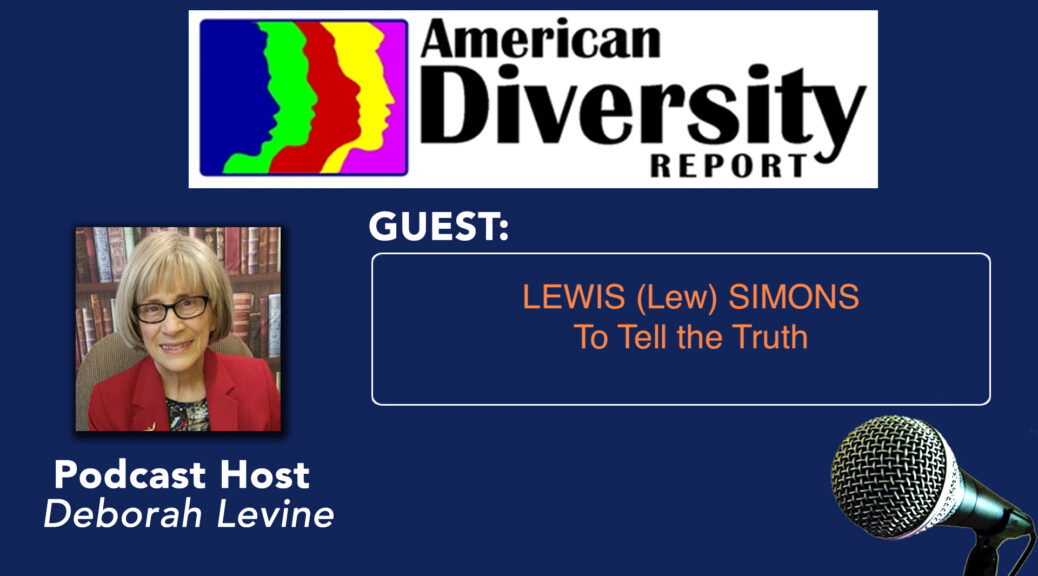
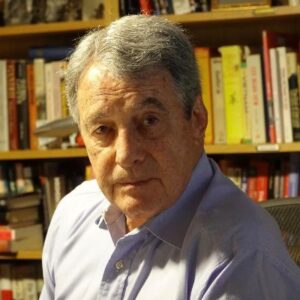 Pulitzer Prize-winning journalist Lewis M. Simons (Lew) has been a foreign correspondent and investigative journalist for half a century, reporting throughout Asia, the Middle East and the former Soviet Union. He covered the Vietnam War, opened the world’s eyes to the terror in Tiananmen Square, was expelled from India for revealing Prime Minister Indira Gandhi’s abuses and saved the life of a teen-aged Tibetan monk. Simons won the Pulitzer Prize for for exposing the billions that the Marcos family looted from the Philippines and led to the People Power Revolution and the fall of the government. Simons’ newest book, To Tell the Truth, with a foreword by the Dalai Lama, chronicles those and many other extraordinary adventures.
Pulitzer Prize-winning journalist Lewis M. Simons (Lew) has been a foreign correspondent and investigative journalist for half a century, reporting throughout Asia, the Middle East and the former Soviet Union. He covered the Vietnam War, opened the world’s eyes to the terror in Tiananmen Square, was expelled from India for revealing Prime Minister Indira Gandhi’s abuses and saved the life of a teen-aged Tibetan monk. Simons won the Pulitzer Prize for for exposing the billions that the Marcos family looted from the Philippines and led to the People Power Revolution and the fall of the government. Simons’ newest book, To Tell the Truth, with a foreword by the Dalai Lama, chronicles those and many other extraordinary adventures.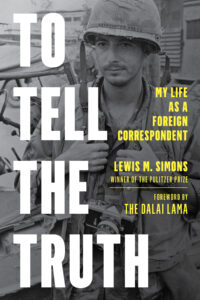 Takeaways for ongoing discussion:
Takeaways for ongoing discussion: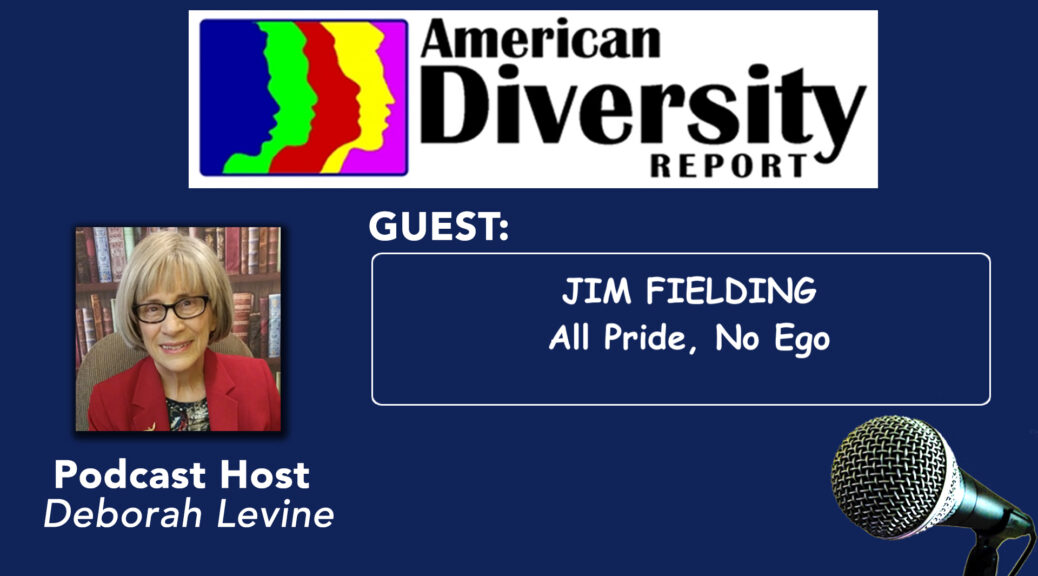
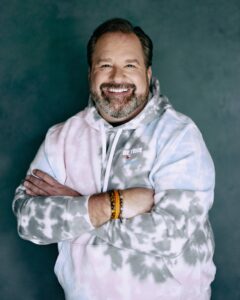 Jim Fielding is President of Archer Gray’s Co-Lab Division. He is a respected leader in brand strategy, consumer products and experiences, and storytelling.
Jim Fielding is President of Archer Gray’s Co-Lab Division. He is a respected leader in brand strategy, consumer products and experiences, and storytelling.